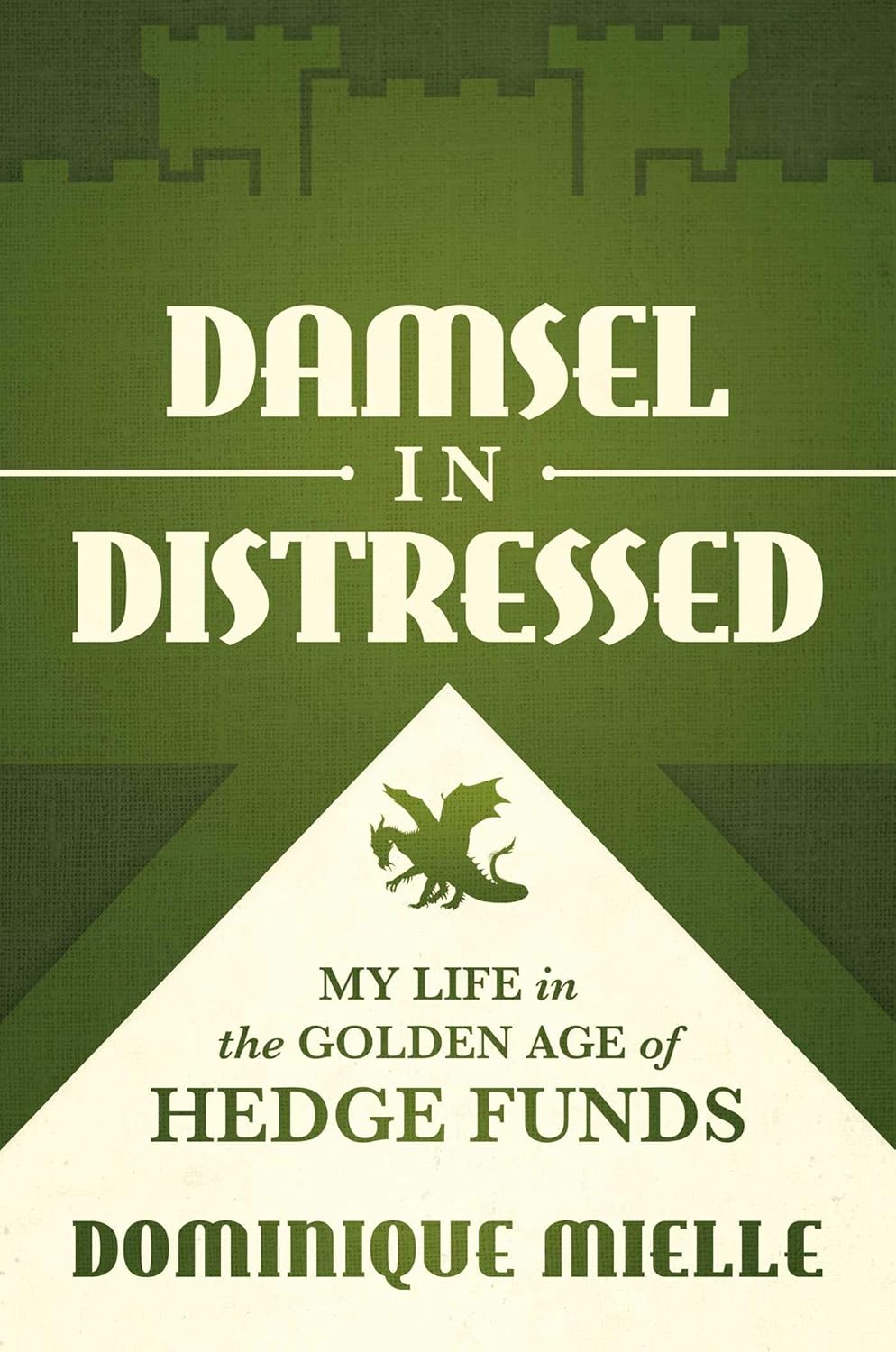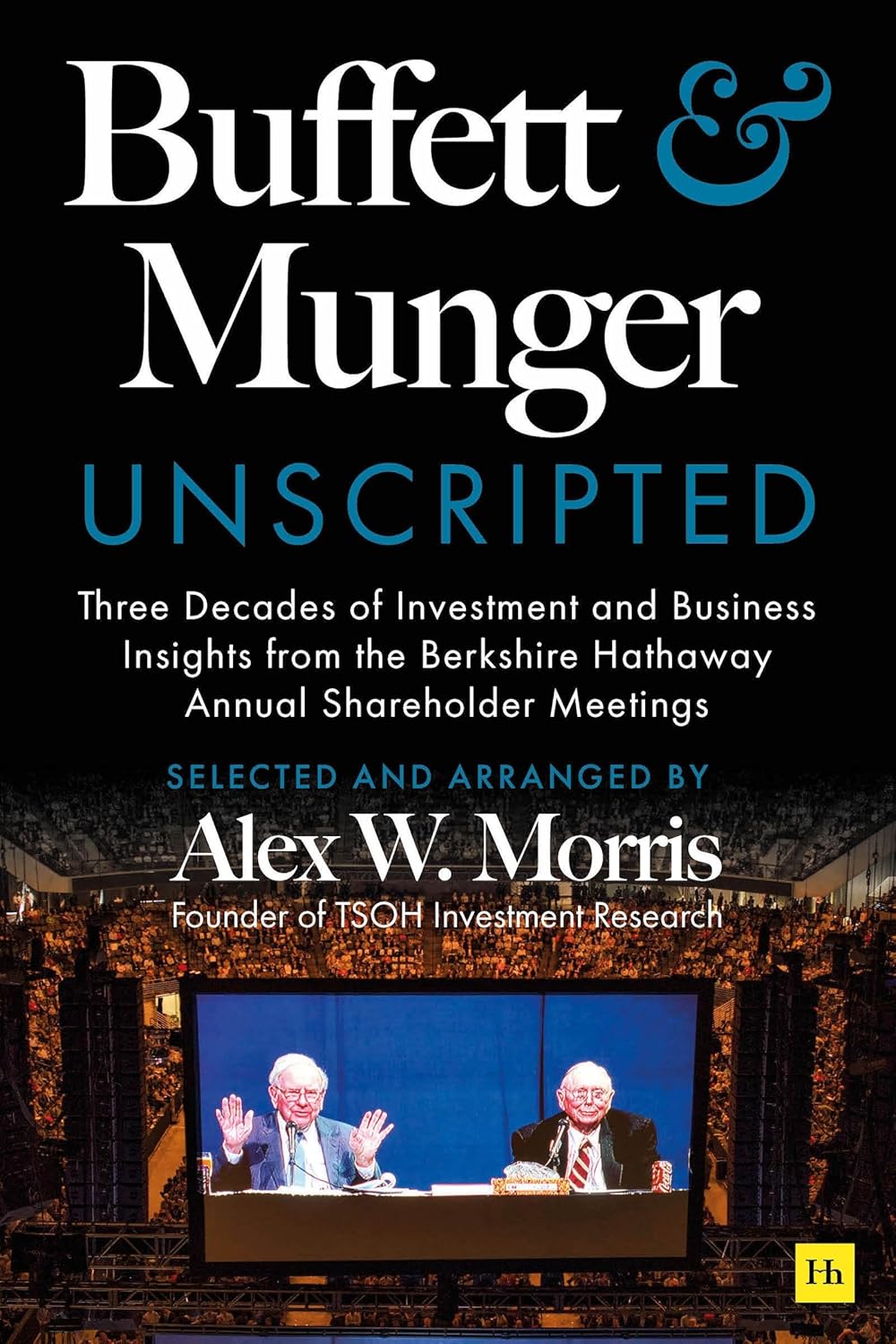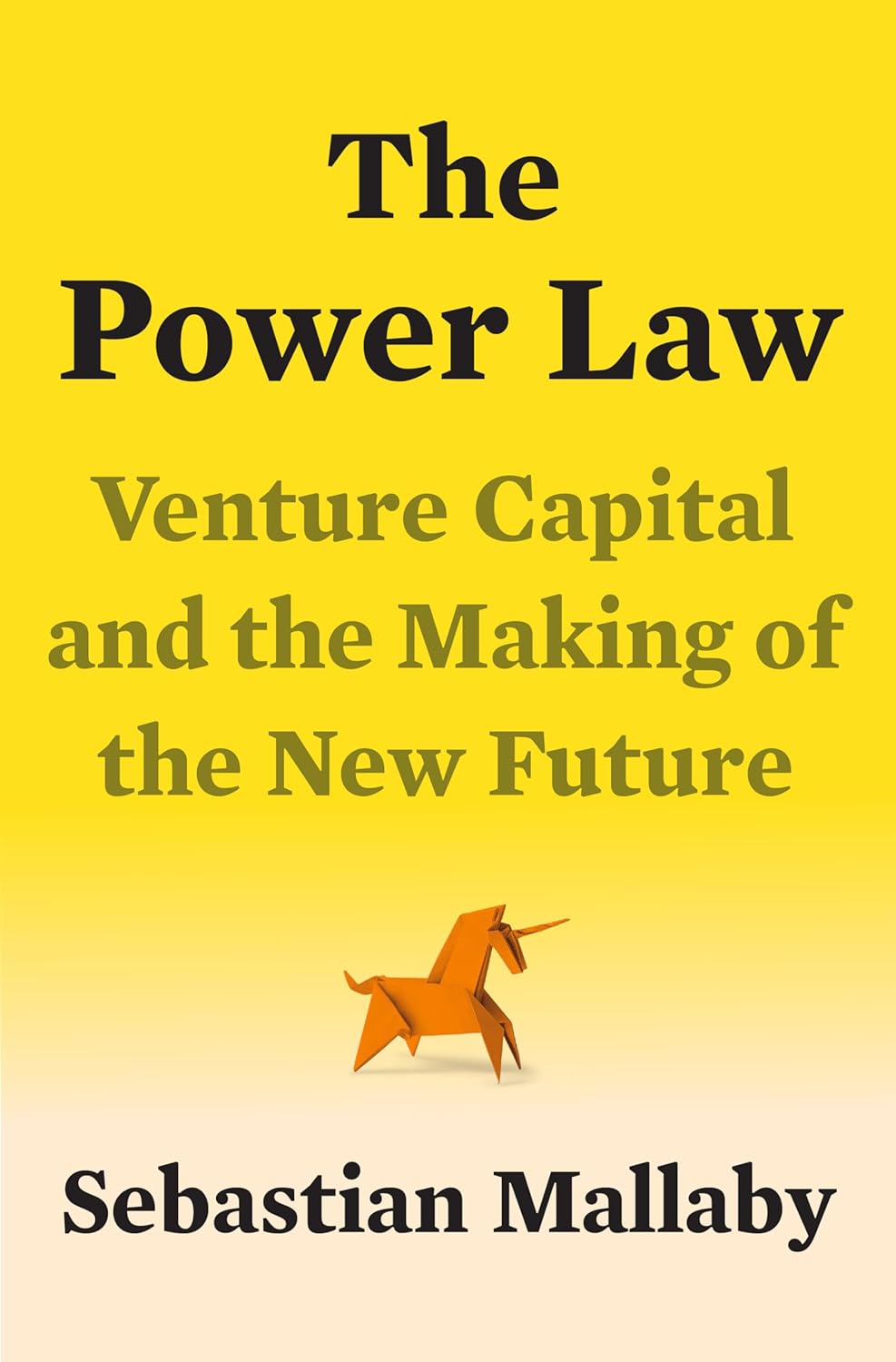Insights
Weekly reading recommendations
Here's what River Road's investment team members are currently reading, curated by Portfolio Manager Matt Moran, CFA
Subscribe to our weekly reading recommendations
Monthly book reviews


Benjamín Labatut’s The Maniac is a thrilling fictionalized biography that weaves entertainment with insights resonating widely. It traces John von Neumann’s brilliant life through the eyes of family and peers like Einstein, Gödel, Wigner, and Barricelli—some of history’s greatest minds—chronicling his work on the atomic bomb, game theory, and AI’s foundations before his 1957 death. His AI vision inspired milestones like DeepMind’s 2016 defeat of Lee Sedol in Go, a 3,000-year-old game more complex than chess, with the stunning Move 37. Today, GPU advancements enable vast parallel calculations, fueling AI’s growth, while hyperscalers invest hundreds of billions to push its boundaries. For value investors, AI’s ability to rapidly analyze industries and companies maximizes focus, a potential all should embrace. Labatut’s vivid storytelling makes The Maniac unmissable.


We thoroughly enjoyed this quick and easy read about the author’s career in distressed investing. The author is French, female and consistently funny. For example, she writes, "I am French, which is to say, relative to the average hedge fund comrade, a raging Socialist.” She clearly enjoys the craft of investing and walks through interesting examples, particularly her experience during the financial crisis. We found her story inspirational and well worth reading.


Alex Morris’s Buffett & Munger Unscripted distills three decades of wisdom from Berkshire Hathaway’s shareholder meetings into a clear, well-organized guide for value investors. Drawing from over 1,700shareholder questions, the book offers timeless insights on competitive advantages, management quality, and disciplined investing, presented in an engaging and accessible format. It captures Buffett and Munger’s rational, long-term approach, a philosophy that drove Berkshire’s remarkable success, as Buffett announced his retirement as CEO at the 2025meeting, transitioning to Chairman while Greg Abel takes the helm. This book provides robust support for fully embracing the value investing approach, offering practical wisdom to stay disciplined in volatile markets.


"The Little Book of Big Bubbles" by Edmund Simms offers value investors a concise framework for spotting financial bubbles, a vital skill in navigating market excesses. Through ten historical case studies, from Roman land speculation to Dutch tulip mania and the 2000s US tech bubble, Simms clearly illustrates the patterns of irrational exuberance that drive unsustainable price surges. His engaging analysis of these "collective insanity" episodes provides valuable insights into market psychology and speculative behavior. For value investors, this book is a worthwhile read, enhancing their ability to recognize overvaluation and stay disciplined in volatile markets.


We found Anne Stevenson-Yang's "Wild Ride" to be an illuminating and sobering account of China's economic trajectory. Stevenson-Yang's firsthand experiences and keen insights provide a compelling narrative that challenges the prevailing optimism about China's economic miracle. Her analysis of the cyclical nature of China's expansion and retreat is particularly thought-provoking, offering valuable perspective for investors considering exposure to Chinese markets. While the author's pessimistic outlook may be uncomfortable for some, her arguments are well-supported and demand serious consideration. "Wild Ride" is an essential read for anyone seeking to understand the complexities and potential risks of China's economic landscape.


In exploring the private equity landscape, Ted Seides' "Private Equity Deals" stands out as a masterful examination of value creation through practitioner interviews, offering invaluable insights into how PE firms identify and monetize opportunities through active management participation. Seides' work, complemented by Sachin Khajuria's "Two and Twenty," illuminates the sophisticated deal structures and alignment mechanisms that PE firms employ to generate returns. Both authors present compelling cases for PE's ability to transform businesses through operational improvements, strategic repositioning, and financial engineering. The methodical approach to value creation, particularly highlighted in Seides' work, demonstrates how PE firms blend traditional value investing principles with hands-on operational expertise.
A contrasting perspective emerges in Gretchen Morgenson's "These are the Plunderers" and Brendan Ballou's "Plunder," with Ballou's work providing particularly incisive criticism of the industry's structural flaws. These authors argue that PE's emphasis on financial engineering and debt often leads to deteriorating service levels and compromised long-term business health. Ballou's analysis is especially compelling, demonstrating how the industry's inherent structure, with its focus on short-term returns and excessive leverage, can create misaligned incentives that potentially harm portfolio companies, while firms shield themselves through sophisticated legal maneuvers. The tension between value creation and value extraction emerges as a central theme, raising important questions aboutthe industry's impact on businesses and stakeholders.


Jerusalem Demsas' "On the Housing Crisis" offers a compelling and accessible examination of America's complex housing shortage. The book identifies exclusionary zoning and restrictive land use policies as primary culprits, highlighting how local democracies have become complicit in anti-development aspirations that benefit a few at the expense of many. Demsas also points to severely underfunded affordable housing programs, and deep-rooted political and institutional barriers as key factors exacerbating the crisis. Through a collection of essays, the author illuminates the political and institutional changes that have made it increasingly difficult for people to access housing in areas of opportunity, challenging readers to understand why something as seemingly popular as abundant, affordable housing remains elusive. By focusing on these systemic issues, Demsas provides a refreshing and comprehensive guide to understanding this generation-defining national emergency.


Sebastian Mallaby's "The Power Law" masterfully chronicles the evolution of venture capital through the stories of industry pioneers like Georges Doriot, Arthur Rock, and Tom Perkins, who laid the foundation for modern technology investing. The book illuminates how these visionaries succeeded not just through financial acumen, but through their ability to spot transformative talent and technologies before others—a skill exemplified by Rock's early investments in Intel and Apple. While value investors typically focus on current fundamentals and margin of safety, Mallaby demonstrates how venture capitalists' capacity for identifying secular trends and backing visionary founders has created extraordinary returns, suggesting that traditional investors could benefit from selectively incorporating this forward-looking optimism into their analysis. The key lesson for value investors is that maintaining valuation discipline need not preclude the kind of creative thinking and long-term vision that has made venture capital so successful, particularly when evaluating companies at the forefront of technological change.
